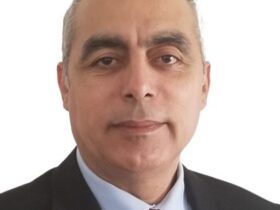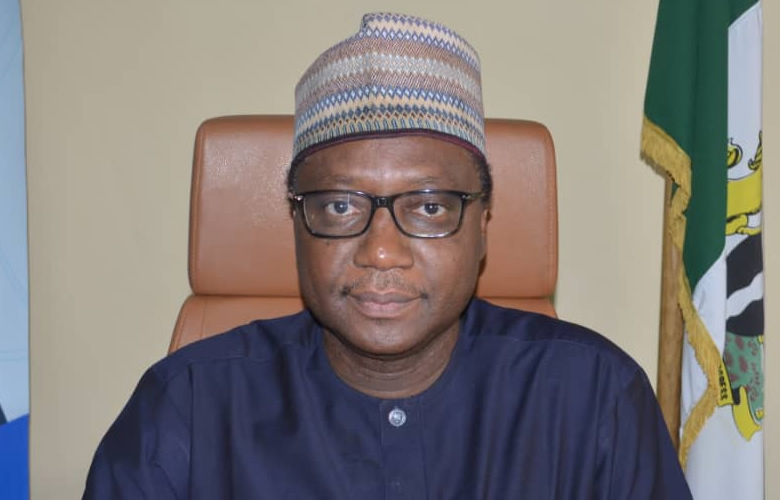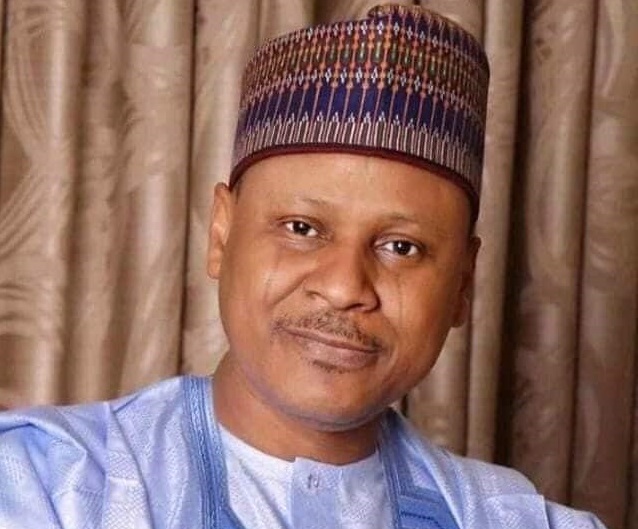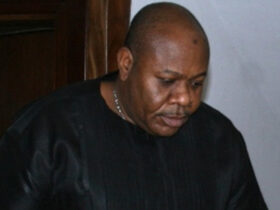The Chairman of the Revenue Mobilisation Allocation and Fiscal Commission (RMAFC), Muhammad Shehu, has revealed that fewer than 40 million Nigerians are currently paying their taxes. He emphasized the need for citizens to fulfill their tax obligations to bolster government revenue and enhance service delivery.
Shehu expressed concern over this low number, especially for a country with a population exceeding 200 million. He made these remarks during an interview with the News Agency of Nigeria and clarified that political officeholders in Nigeria do not receive exorbitant salaries, contrary to popular belief.
Furthermore, Shehu disclosed that the commission has developed software to improve transparency in revenue generation and distribution among the three tiers of government. He praised the establishment of a Tax Reform Committee by President Bola Tinubu, believing it would facilitate the inclusion of economic players from the informal sector in the tax system.
Regarding tax evasion, Shehu urged the Federal Inland Revenue Service (FIRS) to collaborate with the Nigeria Customs Service (NCS) to identify individuals or groups evading taxes. He stressed the importance of tax payments, as they fund essential services such as infrastructure development, healthcare, and social security.
Addressing recent public criticism regarding reports of a proposed 114 percent salary increase for political officeholders by the commission, Shehu clarified that this information is untrue. He explained that RMAFC has the constitutional responsibility to determine and review the salaries of executive, legislative, and judicial officers. These salaries were last reviewed in 2007, and no further review has occurred since then.
Shehu assured the public that the commission would not consider a salary increase at this time, given the economic challenges facing Nigerians. He debunked the notion of exorbitant earnings by lawmakers, explaining that what people perceive as such are actually statutory office running costs, which should ideally be centrally managed by the National Assembly Service Commission.












